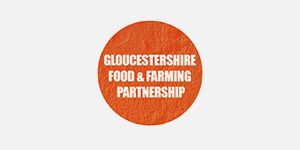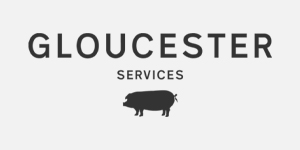Peace Lily Gifts gets an Instagram boost from ...
Read moreMajor announcement for Made in Gloucestershire member Stroud Brewery
Stroud Brewery has teamed up with Nicholson’s Pub Collection and will be supplying an exclusive beer to all of its 81 pubs throughout the UK including Northern Ireland.
It’ll be the first time the company has stocked an organic beer in every one of its pubs. The hope is to encourage other pubs to add an organic beer to their bar, so customers who might not have tried one before can give it a go.
The exclusive beer brewed by Stroud Brewery is an organic 4.2% pale ale called Gaia, a well-rounded, flavourful beer showcasing the best of old-world and new-world hop varieties. Two of Nicholson’s publicans, who are also Beer Ambassadors for the company, visited the brewery to watch the brew getting underway and even got involved.
The brewery is challenging anyone who hasn’t drunk an organic beer before to try at least a half during September – any organic beer, not just Stroud Brewery’s own! They might be pleasantly surprised: the brewery believes that organic malts add to the complexity of beer with a more satisfying flavour.
Stroud Brewery has been brewing organic beer since 2008 as drinking organic beer is a straight-forward way to support farmers, the environment, publicans and customers all at the same time. Although beer’s ingredients of malt, hops, yeast and water seem natural, the growing of non-organic barley can have a negative impact on the environment similar to any field or arable crop grown conventionally.
The absence of artificially-made herbicides or pesticides in organic farming means these don’t build up as residues in the soil, or leach into the groundwater or our rivers – the latter two providing a goodly proportion of society’s drinking water needs, and including for brewing beer.
The manufacture of artificial fertilisers needs large amounts of energy creating a large carbon dioxide footprint. Plus, these fertilisers don’t contain the trace elements and nutrients needed to make healthy, well-rounded soil. Organically grown crops, by comparison, are fertilised naturally and grown in fields with other plants that naturally add nitrogen and regenerate the soil. It also means organic food contains more nutrients which is better for human health.
Research has found there’s up to 30% more insects, plants and birds living on an organic farm compared to a conventional one. And a healthy complex of wildlife not only helps our farmers – think of all those pollinators (and bees aren’t the only ones) – it spills out to repopulate the wider area including our towns and cities. How much does it brighten our day and replenish the soul to hear birdsong around us and have butterflies decorating our day-to-day world?
Organic September is an annual event organised by the Soil Association and Organic UK. It’s a month which shines a beacon onto organic, and celebrates the care and attention paid to creating exceptional products that are better for people and the environment.
Organic standards govern how a product is grown, farmed or made and apply not just to farming but anything claiming to be organic, such as clothes and cosmetics. Products must be processed without the use of artificial chemicals or inputs (including preservatives, colours or flavours) at every stage in order to display an organic logo/mark. The organic certification is underpinned by law and can only be awarded by Government-recognised bodies such as the Soil Association.
Share this story:








